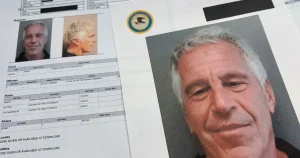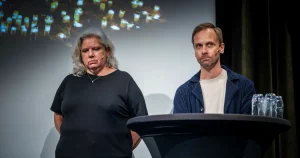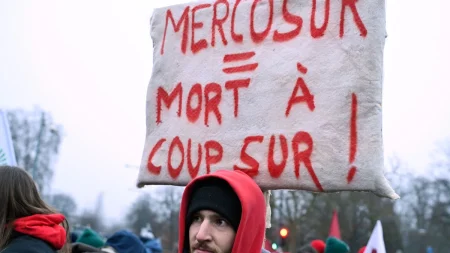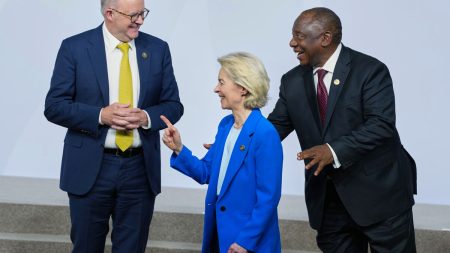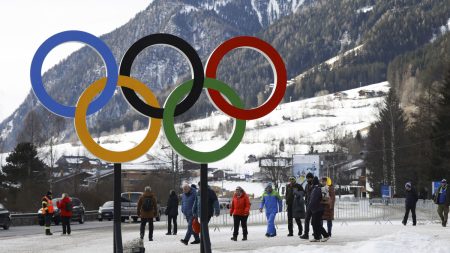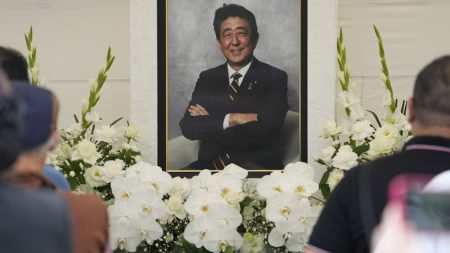The political landscape in Georgia is undergoing a significant shift with the departure of President Salomé Zourabichvili and the ascension of Kavelashvili, a figure closely aligned with the ruling Georgian Dream party. This transition marks a departure from the EU-leaning stance of Zourabichvili and signals a potential realignment of Georgia’s foreign policy. The recent parliamentary elections, which saw Georgian Dream secure nearly 54% of the vote, were marred by allegations of fraud and widespread protests by the opposition, who garnered around 38% of the votes. Zourabichvili, while acknowledging the electoral outcome, has maintained her legitimacy as president until the end of her term, publicly aligning herself with the protesters and criticizing the direction of the Georgian Dream government.
The controversy surrounding the election underscores the deep political divisions within Georgia. The opposition’s claims of electoral irregularities and the subsequent protests highlight a growing distrust in the electoral process and the ruling party’s consolidation of power. Zourabichvili’s decision to leave the presidential palace and join the demonstrators reflects her disapproval of the government’s policies and her solidarity with those who contest the election results. This public display of dissent by a sitting president against the ruling party adds further complexity to the already tense political climate.
Kavelashvili’s loyalty to Georgian Dream suggests a closer alignment between the presidency and the ruling party, a contrast to Zourabichvili’s more independent stance. His critical view of Western influence, a recurring theme within Georgian Dream’s rhetoric, could potentially lead to a recalibration of Georgia’s relations with the European Union and the United States. This potential shift in foreign policy has raised concerns among observers who see Georgia’s westward trajectory as crucial for its democratic development and security, particularly in the context of its complex relationship with Russia.
Zourabichvili’s decision to leave the presidential palace while still asserting her legitimacy as president represents a unique political maneuver. By physically joining the protesters, she has symbolically distanced herself from the official apparatus of government while simultaneously maintaining her constitutional position. This act of defiance underscores her opposition to the ruling party’s policies and her support for the democratic aspirations of the protesters. It also highlights the limitations of the Georgian presidency, which is primarily ceremonial, lacking the executive power to directly challenge the government.
The demonstrations in Tbilisi, marked by the presence of EU flags and chants of ”Georgia,” reflect the strong pro-Western sentiment among a segment of the Georgian population. These demonstrations, attended by thousands, serve as a visible manifestation of the ongoing struggle for democratic values and closer ties with Europe. Zourabichvili’s participation in these protests further amplifies the message of dissent and underscores the importance of upholding democratic principles and electoral integrity.
The transition of power in Georgia represents a critical juncture for the country’s political future. The accusations of electoral fraud, the resulting protests, and Zourabichvili’s dramatic departure from the presidential palace all point to a period of uncertainty and potential instability. The incoming president’s alignment with Georgian Dream and his critical stance towards Western influence suggest a potential shift in the country’s political orientation, while the continued protests and the opposition’s rejection of the election results highlight the deep divisions that persist within Georgian society. The future trajectory of Georgia’s democracy and its relationship with the West remain uncertain as the country navigates this complex political transition.



